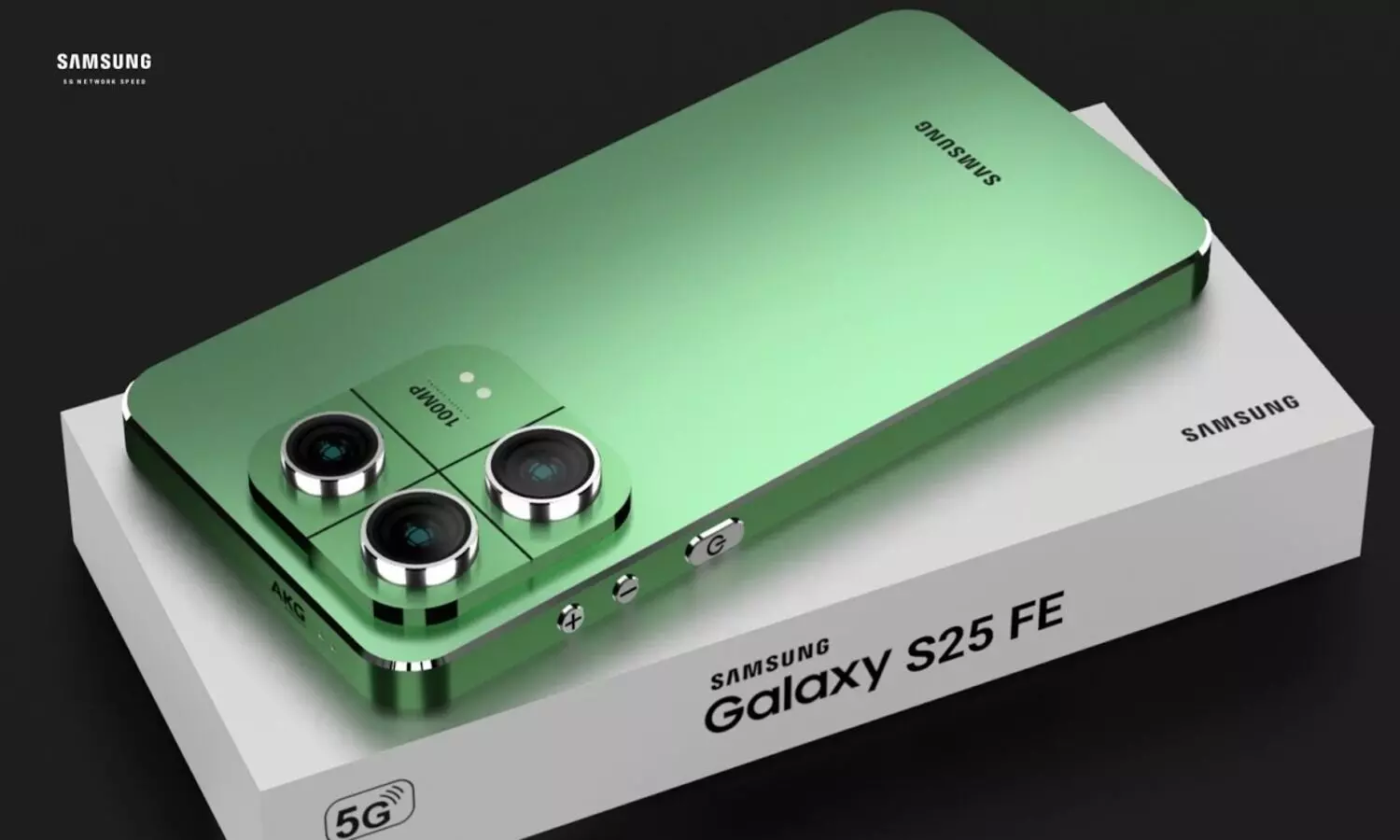Galaxy S26 vs Galaxy S25: Everything We Know About Samsung’s 2026 Flagship
Samsung Galaxy S26 5G rumored features revealed. Check upgrades over S25 including display, processor, battery, and camera details before launch.
image for illustrative purpose

Samsung is preparing for the upcoming Galaxy S series which is going to be next-generation, probably in January 2026, and the Galaxy S26, S26 Plus, and S26 Ultra will be the projected models on the market. The rumors indicate that the Pro variant that had been speculated earlier might not take over the new base model, thus changing the lineup strategy.
The design of the Galaxy S26 is expected to be very similar to that of the Galaxy S25, with only minor changes to the latter. The report mentions a pill-shaped rear camera module accommodating a triple camera setup akin to last year's but with a thinner build and a somewhat larger screen. The new model is speculated to come with a 6.3-inch Dynamic LTPO AMOLED 2x display with HDR+ capability and a 120Hz refresh rate, slightly more than the 6.2-inch screen on the Galaxy S25.
The Galaxy S26 5G will most likely be powered by Samsung’s Exynos 2600 processor and will hold 12GB of RAM. It is going to be a little less than the Galaxy S25 with Snapdragon 8 Elite Gen 5-powered in terms of raw power and AI processing but will offer incremental performance improvements. The battery is going to be slightly larger, going from 4000mAh on the S25 to 4300mAh on the S26, while the wired charging could still be up to 25W.
Camera specs are predicted to be almost the same. It looks like both the Galaxy S26 and S25 will come with a three camera configuration: a 50MP main sensor, a 12MP ultra-wide lens, and a 10MP telephoto lens. The rumors hint that the software features for better photography could be enhanced by Samsung even if the hardware upgrades are kept to a minimum. Early Expectations
According to industry analysts, the Galaxy S26 will not be a revolutionary phone but rather a refined one. Among the different features, the phone's screen size, battery, and slight performance improvements are likely to become the key selling points, while in terms of photography and AI processing, software optimization will be the main factor.

